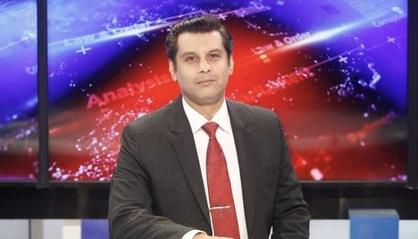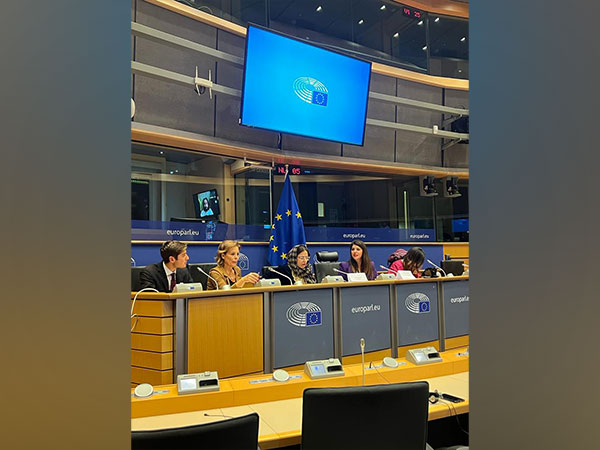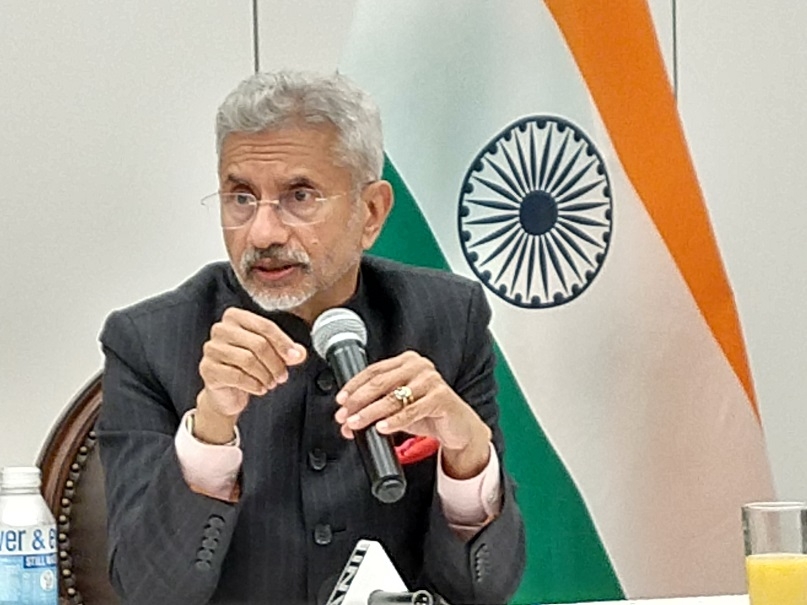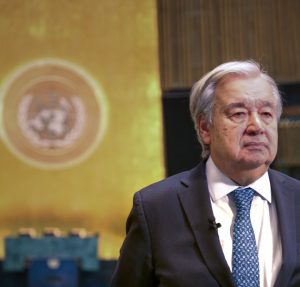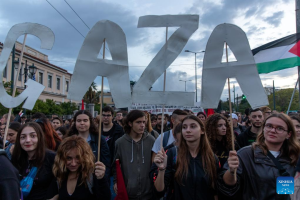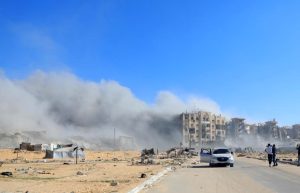The Pakistan Army has been accused of ‘targeting’ journalist Arshad Sharif and his alleged assassination in Kenya. The Pakistani state’s critics, among them scribes, political workers and human rights activists, have been found dead under mysterious circumstances in France, Sweden and Canada. One known attempt in Britain failed but became the cause of a police probe and court trial … writes Kaliph Anaz
The Pakistan Army has been accused of ‘targeting’ Arshad Sharif, a fugitive journalist and his alleged assassination in distant Kenya. While the main opposition and former prime minister Imran Khan have led the charge, the government has announced a judicial probe.
Unable to reject the charge outright as it generally does, the army is on the back foot, having to endorse a “high-level investigation” into the “accidental” killing of Arshad Sharif by the ‘Kenyan Police’.
Analysts say this is another instance of eliminating an inconvenient operative abroad. The Kenyan Police’s involvement – the army is accused of working through its ‘agents’ in that force that has been called ‘corrupt’ and ‘notorious’ in media reports, complicates the matter.
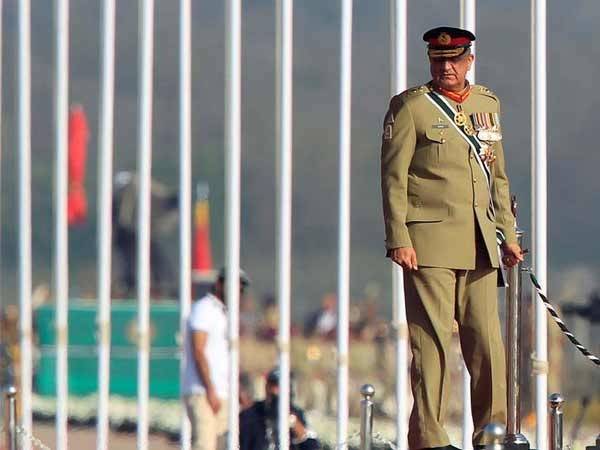
The charge is not new. The Pakistani state’s critics, among them scribes, political workers and human rights activists, have been found dead under mysterious circumstances in France and Sweden. One known attempt in Britain failed but became the cause of a police probe and court trial.
Arshad Sharif, son of a former Pakistan Navy chief, specialised in investigative journalism and covered many political events in the country for national and international news organisations, He was awarded the Pride of Performance by the President of Pakistan Arif Alvi for his contributions to journalism. Presidentof Pakistan Arif Alvi described Sharif’s death as “a great loss to journalism and Pakistan. Afzal Butt, president of the Pakistan Federal Union of Journalists (PFUJ), expressed his grief at the news and called for an inquiry into the killing of Sharif. Journalist Kamran Khan questioned the government on Twitter and asked the Prime Minister to take “the nation in confidence”.
Arshad Sharif’s case is different in that for the first time, the charge is direct, and comes amidst political and economic turmoil. The army itself, about to have a new Chief next month, is a key part of the political shenanigans.
The analysts at home and outside view the army as part of the problem, not the solution. Even those who grimly foresee a likely military intervention, point to its failure in the past.
This makes it the Pakistan Army’s worst hour since 1971 when it lost its eastern province and half its population. And it is not even at war now with either a recalcitrant Afghanistan or India, its perennial adversary.
The army is actually under attack from within, the polity that it has deeply influenced and overridden for close to seven decades. Worse — it is an attack from the very people it has nurtured and played one against another.
The most glaring example is Shireen Mazari, a scribe turned security analyst who was close to the military, even when she joined politics and was till April this year, the Minister for Human Rights in the Imran Khan Government.
In her social media post, she claimed to have met Arshad Sharif. She has stopped short of directly naming the army for Arshad’s alleged murder, but has left little to the imagination by accusing “those who cannot win a war.”
The oblique reference is to four wars that the Pakistan Army initiated against India but failed to achieve its stated tactical and strategic objectives, the most obvious being the seizure of Jammu and Kashmir from India. In Pakistan, this charge is fatal.
Complicating the army’s woes is the direct attack from Imran Khan who said that he had known the scribe, calling him a ‘martyr’. He had urged him to ‘desist’, and flee the country, but did not explain ‘desist’ from doing what.
Khan is confronting the army that propped up Khan through the years, to win the 2018 elections, against political ‘dynasties’, the Bhutto-Zardaris of the PPP and the Sharifs who head the PML-N. Khan accuses the army of helping both families to share power after he was voted out in a parliamentary coup in April.
Khan now wants a snap poll, but the military, under Army Chief, General Qamar Javed Bajwa, is backing the incumbent regime’s agenda of setting the economy right before holding an uncertain election.
The army’s own problem is that Bajwa has ceased to be acceptable to the military brass that is divided on tackling a marauding khan, who has retained popularity as evident from his recent electoral victories. Today, Imran Khan calls the army ‘neutrals’, a political pejorative he uses to claim that the army removed the political props sustaining him in power and allowed him to be voted out.
Now, taking a cue from the army’s latest discomfiture, and that of Prime Minister Shehbaz Sharif’s government, Khan has advanced his timetable and is to launch his protest – Long March – from Lahore on Friday, October 28.
This is precisely one month from Bajwa’s retirement, and the incumbent prime minister’s call to choose a successor. Through his protests and pressure tactics, Khan hopes to be in that position.
In his editorial in the Friday Times, Najam Sethi deprecates Khan’s refusal to return to the parliament that the military is urging him to, and to accommodate other political viewpoints. This, he writes: “is a recipe for authoritarian one-party rule either by a civil or military dictator. This is an option that has consistently failed to deliver in the past and is a non-starter in the future.”

